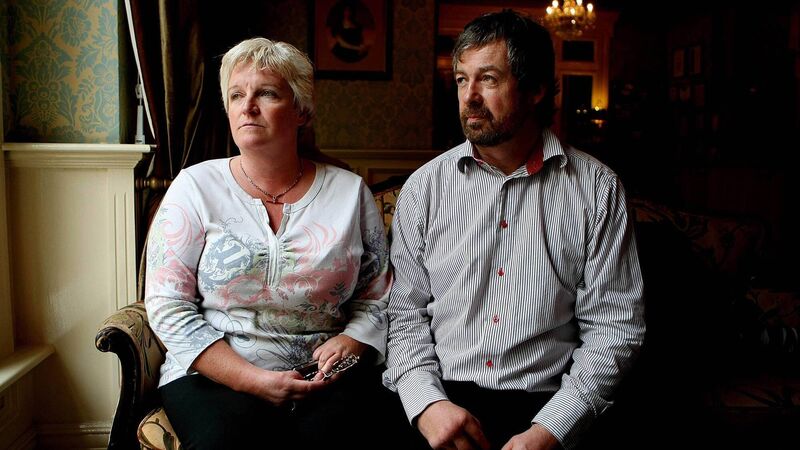Terry Prone: Donnelly can prove himself with apology to thalidomide survivors

Finola Cassidy and Austin O'Carroll, of the Irish Thalidomide Association. Ms Cassidy was one of the many children catastrophically damaged by a drug aimed at pregnant women which the State failed to get off pharmacy shelves for months after it had been withdrawn as dangerous by its distributors. File picture
The husband is standing in the doorway at an angle. He tries to speak — and fails to produce anything other than a spongy squirt of vowels. “You’re having a stroke,” his wife says. He slurs agreement. She calls 999 and gets Karl, who promises an ambulance and then gets down to instructions and reassurance. When the ambulance arrives, the paramedics ask dozens of questions, because this patient had a heart transplant some time ago and they need to inform the multidisciplinary team in advance of him arriving at the emergency department.












